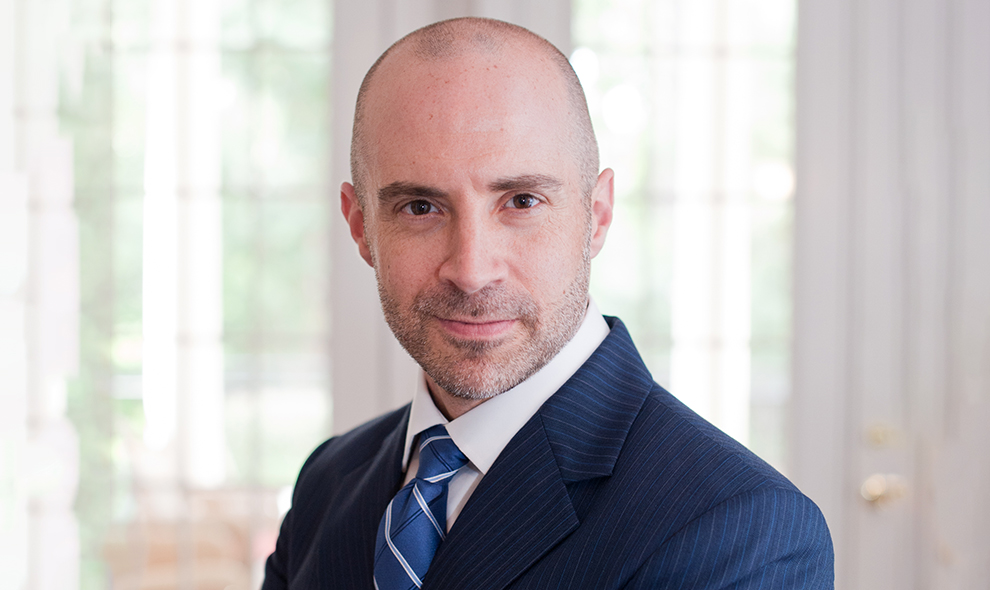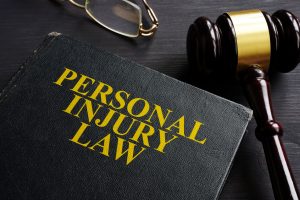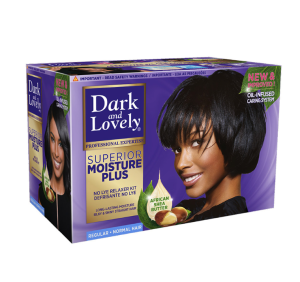Speaking to Steve Lowry, we expand on this ruling, as well as discussing more about product liability. Steve touches on how companies should check if they are working within guidelines and how meeting regulations does not always ensure optimum safety is met.
What is product liability and how should companies check to see if they are working within guidelines and regulations?
Any manufacturer of a product has a responsibility to produce a reasonably safe product. A manufacturer shouldn’t produce products that cause harm, and if their products do cause harm, they have a legal duty to warn the public.
It’s important to remember that a product can be dangerous even if it’s not defective. I believe companies have a responsibility to know whether or not consumers are being harmed by a product. It’s important to have a good complaint system and to look at databases that track certain types of injuries.
Companies have many sources to consult to make sure they’re working within guidelines and regulations, depending upon their industry, including the Consumer Products Safety Commission, the National Highway Traffic Safety Administration and the Food and Drug Administration.
How do consumers know a company is liable for a defective product?
Consumers can check the Consumer Product Safety Commission (CPSC) website or the National Highway Traffic Safety Administration (NHTSA) website for recall information. If consumers think they may have been injured by a defective product, they should speak with an experienced product liability lawyer who can potentially help with a recovery and ensure that the company makes products safer in the future.
Just because a product meets regulatory standards doesn’t necessarily mean it’s safe.
For years, Amazon has found ways to escape liability for injuries its customers have sustained by products purchased online. How have they managed to get away with this?
Amazon has enjoyed the protection of state laws that excluded them from the fault a seller is typically subject to for product liability. The company has found ways to escape liability for injuries its customers sustained from products purchased online because Amazon was organised in a way that would allow them to avoid responsibility for goods sold by third parties. Now, the tide seems to be turning in the direction of the consumer.
A California court has ruled that Amazon is now liable for defective products. What laws changed for big companies like Amazon?
The basis of Amazon’s claim has been that the company serves as a “middleman” with no ties to either the product or the contract between the seller and the buyer. Amazon’s legal role in these transactions appears to be changing to protect consumers in California under the legal theory of strict liability. Strict liability provides that an injured party only needs to prove he or she was hurt by a particular product. The intent of the manufacturer or any other party in the distribution chain is irrelevant.
Do you think regulation needs to be tighter for online stores, when it comes to product liability?
Regulations are good when they’re properly enforced, but they don’t ensure safety by themselves. A regulation is a tool, not a magic bullet. The Ford Pinto didn’t violate any regulations, but hundreds of people died or suffered catastrophic burn injuries due to the vehicle’s defective fuel tank design. Just because a product meets regulatory standards doesn’t necessarily mean it’s safe.
About Steve Lowry:
What do you want to achieve in 2021?
I want to continue to represent my clients the best that I can and to bring some level of closure to their lives. From a legal standpoint, I’d love to get the courts back open again to be able to pursue justice in the courtroom. I’d love for all of us to return to a sense of normalcy in 2021.
How do you prepare for cases?
I work extremely hard -- and so does everyone who is part of our legal team. We work methodically and strategically to turn over every stone. We treat every case as if it’s going to trial, which means we pursue every aspect of the case aggressively so that when we go in front of a jury, we do the absolute best job we can for our clients.
What’s most important to you?
My family, a sense of justice and safety.
Steve Lowry, Founding Partner
Harris Lowry Manton LLP
404-777-5072
Steve Lowry, a top trial lawyer and passionate advocate for justice, is a founding partner at Harris Lowry Manton LLP, a plaintiff’s firm in Atlanta and Savannah that has been named the Georgia Legal Awards Litigation Department of the Year. Steve is a nationally respected trial lawyer who has secured a number of record-breaking jury verdicts over the course of his legal career and excels at product liability cases.
Not intimidated by big corporations, Steve is a master of courtroom strategy and a compassionate advocate for clients. He has successfully litigated a wide range of catastrophic injury and wrongful death cases, earning landmark verdicts against Ford, Daimler Chrysler and other manufacturers.
Over the course of his career, Steve has safeguarded consumers from harmful products, leading to changes in the auto industry. He earned national recognition when he was named the F. Scott Baldwin Outstanding Trial Lawyer of the Year by the American Association for Justice’s New Lawyers Division and is a two-time Georgia Verdicts Hall of Fame inductee.
Steve is the founder and co-host of the popular Great Trials Podcast and is a sought-after expert who has lectured extensively on all areas of trial work. He recently spoke with Lawyer Monthly about product liability law and consumer safety.



















